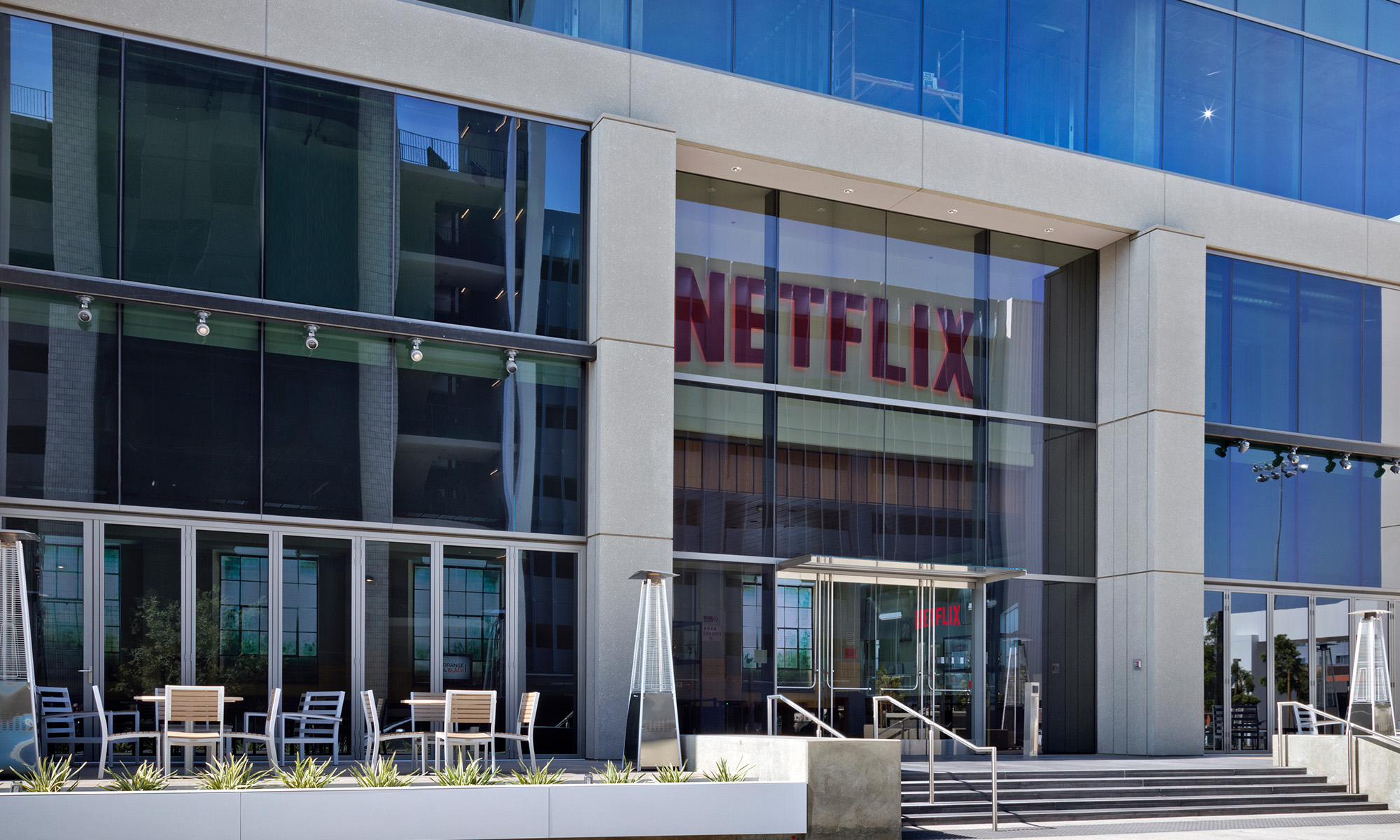Netflix (NFLX 0.04%) reported a huge first quarter, with net subscriber additions coming in at 15.77 million, more than double management's guidance. That boosted revenue by 27.6% year over year, while earnings per share doubled over the year-ago quarter to $1.57.
However, the stock is down since the news. It's been widely expected since March that streaming providers were seeing a massive spike in engagement, as people followed the stay-at-home advice to stop the spread of the COVID-19 pandemic.
But what is probably more disappointing for some is that management referred to this sharp acceleration in growth as temporary. In its quarterly letter to shareholders, management said, "We expect viewing to decline and membership growth to decelerate as home confinement ends, which we hope is soon."
The quarter wasn't all rosy for Netflix. Management outlined some things that are disrupting the business, but it also pointed investors to its real advantage in the long run.

Image source: Getty Images.
Production delays take a toll
As with many other businesses, Netflix felt plenty of disruption from across the film industry. "When it comes to production, almost all filming has now been stopped globally, with the exception of a few countries like Korea and Iceland," management said, and added, "This has been devastating for millions of workers in the TV and film industry -- electricians, hair and make-up artists, carpenters and drivers who are often paid hourly wages and work project-to-project."
To help those without a job, Netflix set aside $150 million to support the industry in this crisis. While Netflix already has more than 200 projects in post-production, there are production delays elsewhere. The money set aside to support workers in the industry, along with higher content costs due to paused productions, caused operating margin to come in at 16.6%, below the 18% expected for the quarter.
Despite the surge in subscribers, revenue was in line with expectations due to unfavorable foreign currency changes, which pressured international revenue.
Looking ahead
Management doesn't expect last quarter's subscriber growth to repeat. The second-quarter forecast for global paid net additions is 7.5 million, which is in line with the pre-coronavirus trend.
However, management admitted that "this is mostly guesswork." Like everyone else, the company doesn't know what's going to happen. "The actual Q2 numbers could end up well below or well above that, depending on many factors including when people can go back to their social lives in various countries and how much people take a break from television after the lockdown," as stated in the quarterly letter.
Management also made the point that many of the people signing up now are likely those who were going to sign up in the next few quarters anyway. This could reduce subscriber growth once the confinement around the world starts to end. For that reason, management now expects the third and fourth quarters to have lower net additions than compared to the year-ago quarters.
The production delays mean that Netflix will spend less money this year on content, which will lift free cash flow higher than originally expected. Last year, free cash flow was negative $3.3 billion, but management said that will be the peak of the deficit. The company plans to improve free cash flow annually until it gets to positive from here.
Widening the moat
The strategy to invest billions in original content has paid off extremely well for Netflix. It put the company in a position to have the quarter it did. While production is paused across numerous projects, Netflix already has a deep pipeline of content that is ready to launch. This will allow plenty of original content to release throughout 2020 and into 2021, no matter what happens with COVID-19.
The one thing Netflix showed in the first quarter is how valuable its brand and entertainment offering is in the long run. Even with other streaming services emerging, nearly 16 million people still chose Netflix for their entertainment needs at home during the quarter. That means something.
As management stated, "By helping people connect with stories they love, we are able to provide comfort and escape as well as a sense of community during this pandemic." That basically describes Netflix's competitive advantage in a nutshell.






